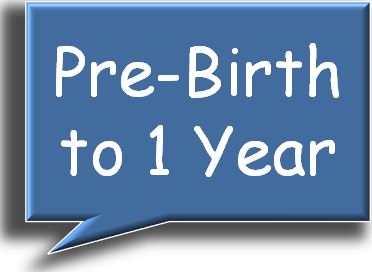 This first OECD Skills Outlook presents the initial results of the Survey of Adult Skills (PIACC), which evaluates the skills of adults in 22 OECD member countries and two partner countries. The survey was designed to provide insights into the availability of some key skills and how they are used at work and at home through the direct assessment of key information processing skills: literacy, numeracy and problem-solving in technology-rich environments. The book examines the social and economic context, the supply of key information processing skills, who has these skills at what level, the supply of and demand for these skills in the labour market, the acquisition and maintenance of skills over a lifetime, and how proficiency in these skills translates into better economic and social outcomes.
This first OECD Skills Outlook presents the initial results of the Survey of Adult Skills (PIACC), which evaluates the skills of adults in 22 OECD member countries and two partner countries. The survey was designed to provide insights into the availability of some key skills and how they are used at work and at home through the direct assessment of key information processing skills: literacy, numeracy and problem-solving in technology-rich environments. The book examines the social and economic context, the supply of key information processing skills, who has these skills at what level, the supply of and demand for these skills in the labour market, the acquisition and maintenance of skills over a lifetime, and how proficiency in these skills translates into better economic and social outcomes.
The presentation can be viewed by clicking on this hyperlink.










